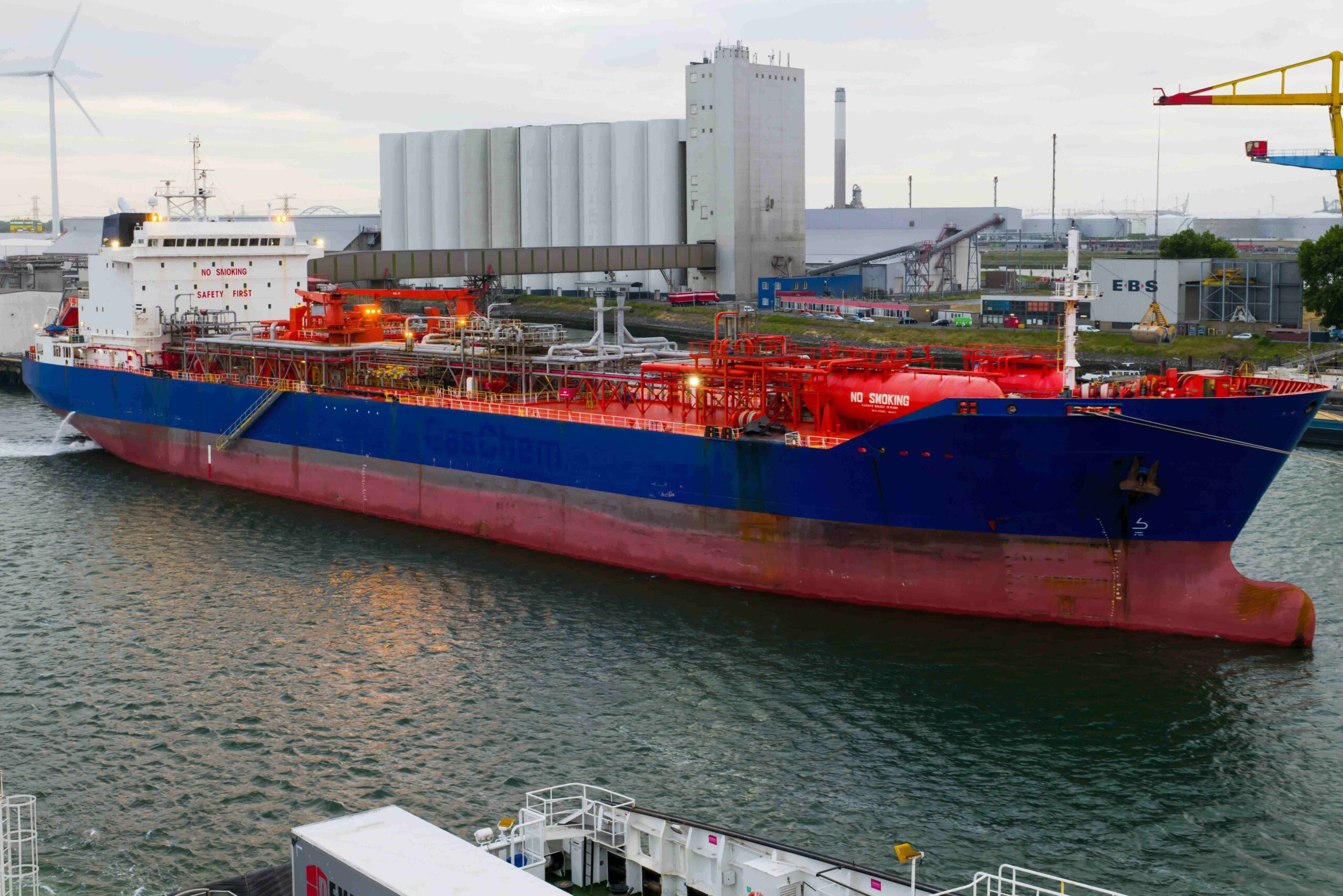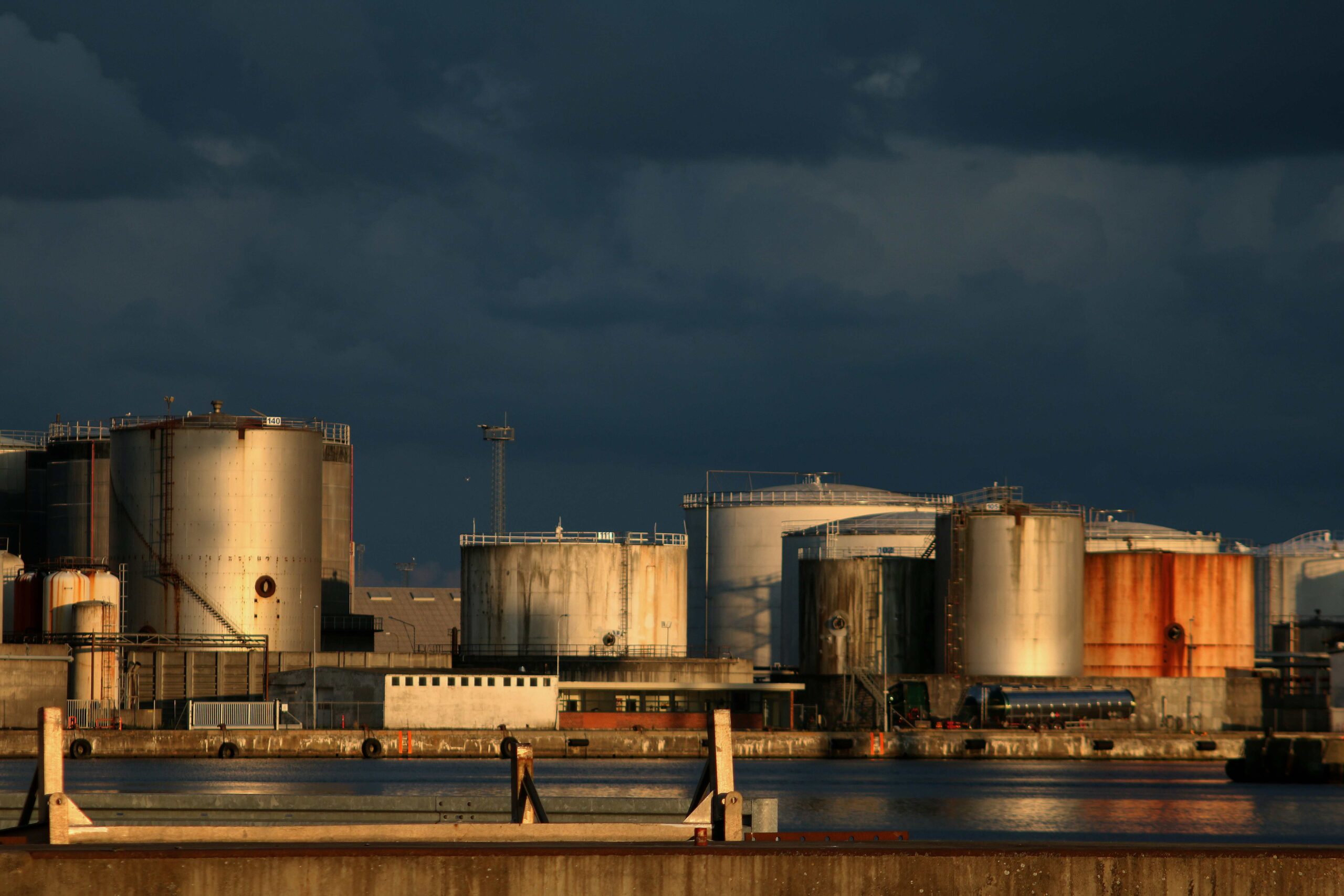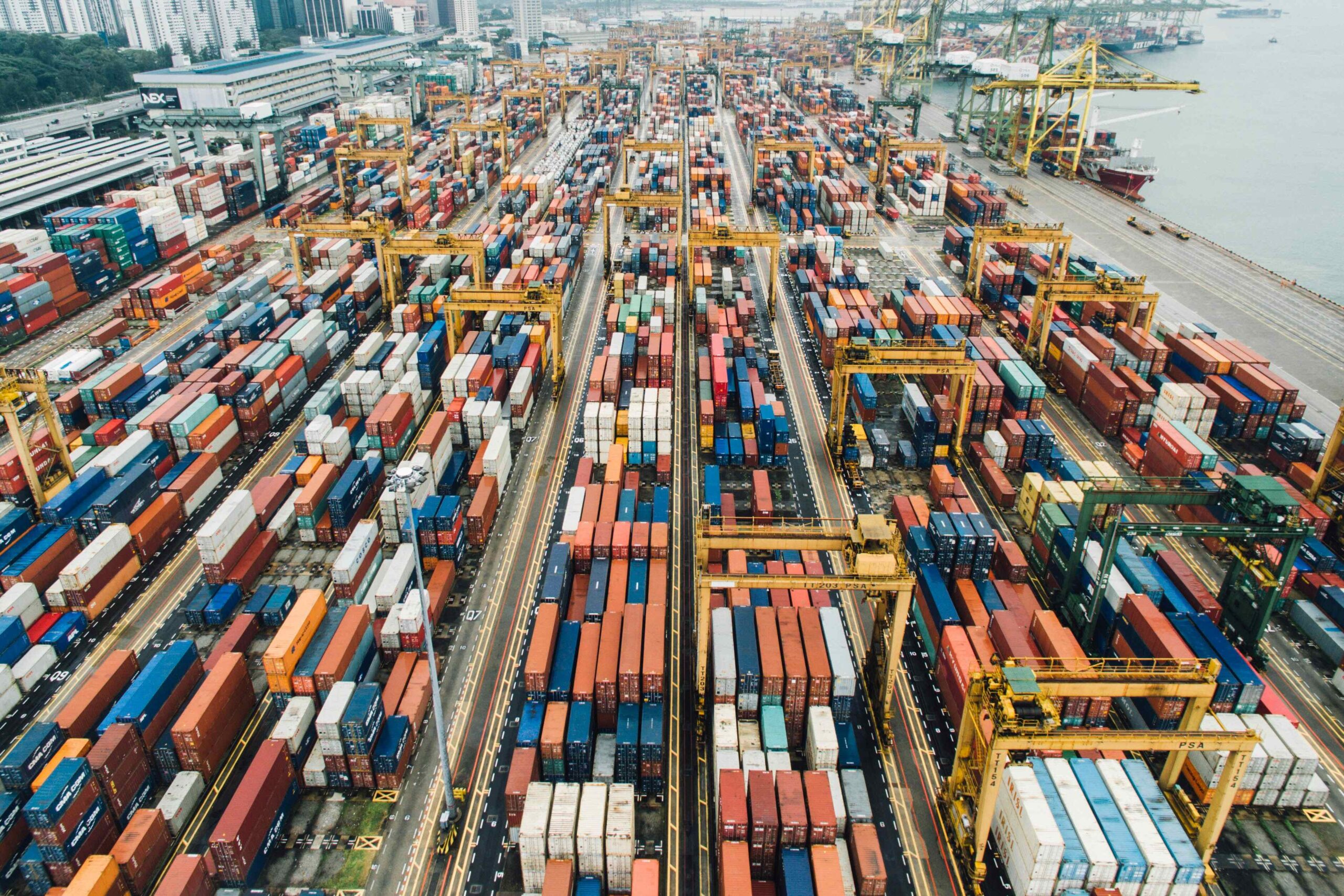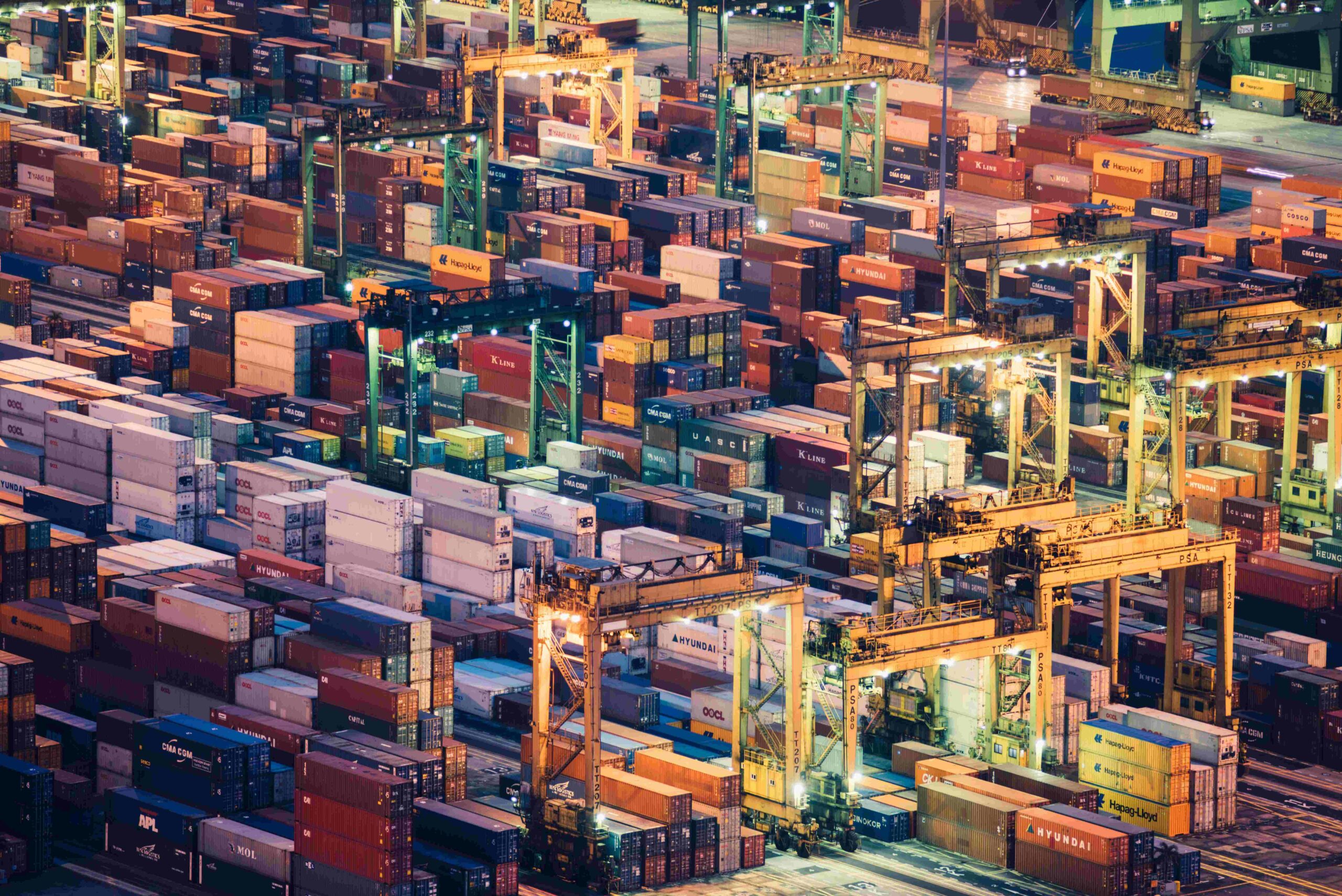The Success of LNG-Powered Vessels
In the maritime sector’s pursuit of sustainable and efficient fuel alternatives, LNG (Liquefied Natural Gas) has emerged as a leading contender, offering significant environmental and operational advantages. This article explores the achievements of LNG-powered vessels, highlighting key factors driving their adoption, operational efficiencies,
Impact of Renewable Energy Policies on Bunker Fuel Demand
The global shift towards renewable energy is profoundly influencing various industries, including maritime transport. As nations implement policies aimed at reducing carbon emissions and promoting sustainability, the demand for traditional bunker fuels is experiencing substantial transformation. This article examines how renewable energy policies
Technological Innovations in Bunker Fuel Storage
The maritime industry is undergoing a significant transformation, driven by technological advancements aimed at enhancing efficiency, safety, and environmental sustainability. Innovations in bunker fuel storage technology are pivotal in meeting the demands of modern shipping. This article explores the latest advancements in bunker
The Intersection of Bunker Fuel and Maritime Law
The maritime industry operates within a complex legal framework that ensures safe, efficient, and environmentally responsible operations. Bunker fuel, the primary source of energy for ships, is a critical component of this framework, deeply intertwined with maritime law. This article explores the intricate
The Role of the International Maritime Organization (IMO) in Bunker Fuel Regulation
The International Maritime Organization (IMO) plays a critical role in regulating bunker fuel to ensure environmental sustainability, safety, and operational efficiency in the maritime industry. As a specialized United Nations agency, the IMO develops and enforces global standards to minimize the environmental impact
Economic Impact of Bunker Fuel on Global Shipping Routes
Bunker fuel is a cornerstone of the global shipping industry, powering the vast majority of commercial vessels worldwide. Its economic influence on global shipping routes is substantial, affecting operational costs, trade patterns, and the overall competitiveness of maritime transport. This article examines the
Corporate Social Responsibility in the Bunker Fuel Sector: Navigating Towards a Sustainable Future
Corporate Social Responsibility (CSR) is increasingly becoming a focal point for companies across industries, including the bunker fuel sector. As environmental concerns and societal expectations rise, bunker fuel companies are integrating CSR into their operations to promote sustainability, ethical practices, and positive community
Emerging Markets in the Bunker Fuel Industry
The bunker fuel industry, essential for powering global maritime transportation, is witnessing significant shifts as emerging markets play an increasingly pivotal role. This article delves into the dynamics, opportunities, challenges, and future trends of emerging markets within the bunker fuel sector. Rise of
Training and Certification for Bunker Fuel Professionals
In the complex and highly regulated world of bunker fuel operations, training and certification play pivotal roles in ensuring professionalism, safety, and compliance among industry professionals. This article delves into the importance of training and certification programs for bunker fuel professionals, highlighting their
Impact of Maritime Piracy on Bunker Fuel
The Impact of Maritime Piracy on Bunker Fuel Maritime piracy remains a significant challenge for global shipping operations, impacting various aspects of maritime trade, including bunker fuel procurement and costs. This article explores the multifaceted impact of maritime piracy on bunker fuel, examining










